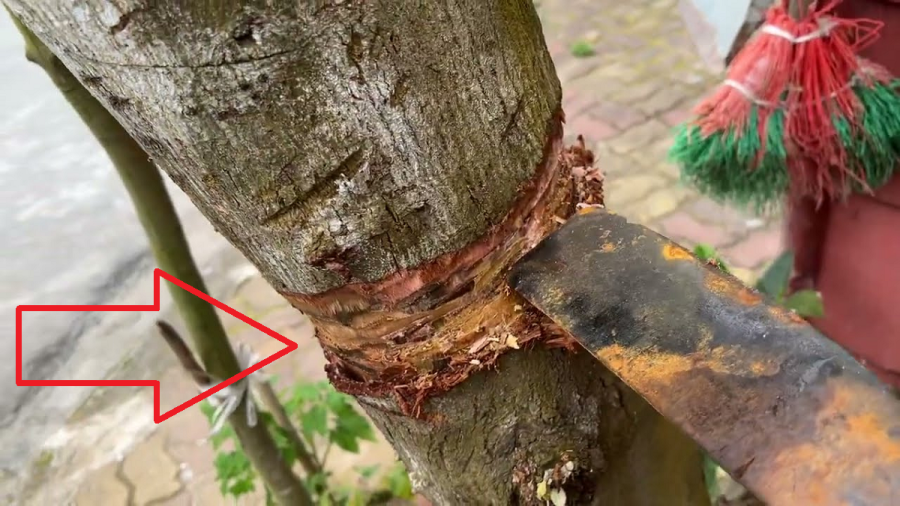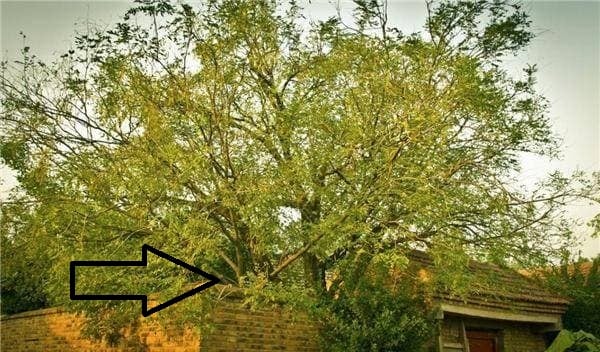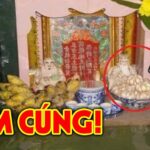Our ancestors often advised their descendants to plant certain trees that are considered auspicious in feng shui, believing that these trees attract wealth, prosperity, and peace for the family. The following three trees are believed to possess such auspicious qualities, and it is said that even in times of great poverty, one should refrain from cutting them down, lest one risks losing their fortune and inviting misfortune.

The Trees That Guard Wealth and Prosperity
Goldenrain Tree
The Goldenrain Tree, with its vibrant dark green foliage and towering stature, is a common sight in modern-day parks and residential landscapes. Its unique white flowers, which contrast against the deep green leaves, are not only aesthetically pleasing but also edible and possess medicinal properties. According to a legend, this tree once protected a village from being evicted by officials and soldiers, and thus, it is believed to bring protection and good fortune to its owners, leading people to refrain from cutting it down.
Elm Tree
The second tree that our ancestors advised against cutting down is the Elm Tree, also known as the Money Elm. The leaves of this tree are believed to resemble coins, and the tree itself is considered a symbol of abundance. In times of famine, the leaves and bark of the Elm Tree provided a nutritious source of food, and even today, many recall fond memories of eating its sweet and refreshing leaves during their childhood in rural areas. The Elm Tree represents sustainability and the ability to withstand hardship, making it a valuable resource for future generations.

A Tree of Abundance and Sustainability
Like the Elm Tree, the bark of the tree possesses medicinal properties and has been used by those without access to modern medicine. Our ancestors’ wisdom in preserving this tree lies in their understanding of its long-term benefits, a concept that resonates with today’s emphasis on sustainable development.
Weeping Willow
The Weeping Willow, a tree steeped in literary and poetic significance, is believed to symbolize enduring memories and reluctant goodbyes. Its graceful branches and lush foliage have inspired countless artists and poets throughout the ages. According to feng shui, the Weeping Willow represents the integration of myriad noble meanings and possesses exceptional healing properties. Its resilient nature serves as a reminder of the enduring strength that lies within us all.
These three trees, cherished by our ancestors, embody a wealth of knowledge and a deep respect for nature. The proverb they inspired serves as a timeless reminder to future generations, cautioning against the destruction of nature for short-term gains and advocating for sustainable development that preserves the balance between humanity and the environment.
The information in this article is for reference only and should not be solely relied upon.
What’s the Optimal Direction for a Front Door According to Feng Shui?
“When building a new home, one of the most common dilemmas is whether to install an inward or outward-opening front door. This is where the expertise of a feng shui consultant comes in. Their ancient wisdom can offer guidance on this important decision, ensuring your home is not only aesthetically pleasing but also harmoniously aligned with the natural world.”





































